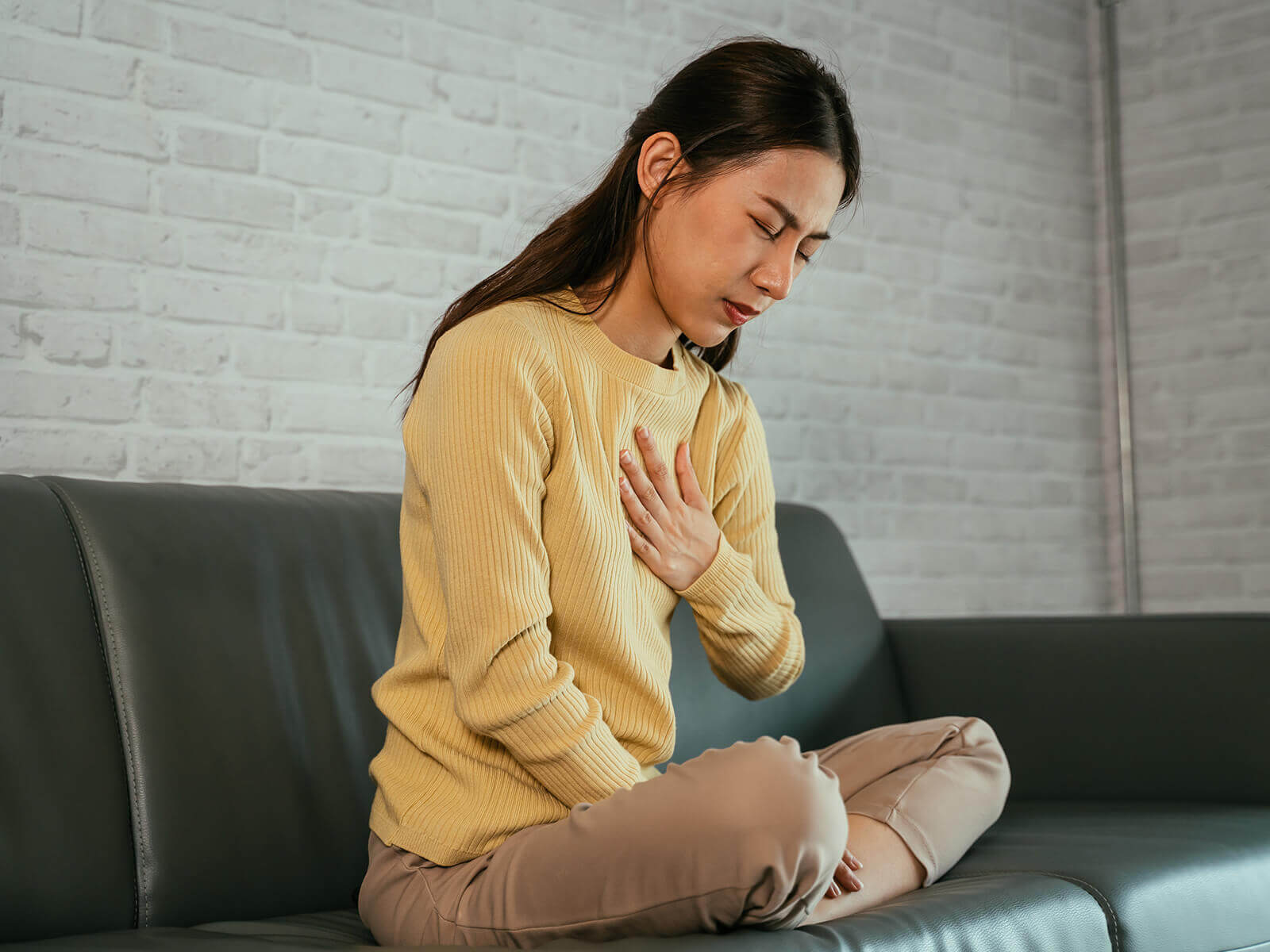
Gastric polyps is a tiny bump-like outgrowth on the stomach wall. The vast majority are benign (non-cancerous) and are found accidentally as a result of an endoscopy. The formation of fundic gland polyps is particular to the upper section of the stomach and are prone to stay in the same location during years, but certain ones may develop or evolve as time can go by.
Several sufferers of gastric polyps do not have any symptoms. In the case of any signs caused by the polyps, you might notice:
Gastric polyps can be caused by a number of factors:
We are GastroDoxs in Cypress, which focused its attention on the diagnosis and treatment of gastric polyps using the patient-centered approach and innovative endoscopic equipment. Our highly qualified staffing offers individualized care plans, thorough explanations and kind follow-ups to guide you to comfort and an possible optimal solution. You are going to take over your stomach? Make an appointment today and make us work to get you that permanent relief.
We've successfully treated more than 2.1K patients, helping individuals improve their digestive health and overall well-being through expert, personalized care.
With over 20 years of experience, GastroDoxs has been a trusted provider of gastroenterology care, focusing on delivering the best outcomes for patients
A neoplasmic gastric polyp is a small, harmless bump on the stomach mucus. They are usually found when an upper endoscopy is conducted and the majority of them do not result in substantial injuries.
Yes. Gastric polyps occur in an approximate of 5 percent of patients who undergo an upper endoscopy, and it is therefore a relatively common occurrence.
Infection with the bacterias H. pylori, prolonged administration of acid reducing drugs (PPIs), autoimmune gastritis as well as a few congenital ailments such as familial polyposis are common causes.
A majority of gastric polyps are benign. Nonetheless, there are some types that are more dangerous like adenomatous polyps that need regular controls or elimination.
The diagnosis is done through upper gastrointestinal endoscopy. In case of a polyp, a biopsy is usually performed to study the tissue and make treatment choices.
It is a pathology report showing that the polyp cells have also grown as a result of chronic irritation or inflammation of the stomach lining as opposed to through malignant transformation.
There are certain gastric polyps which are recurrent. That is why endoscopic follow-ups are significant in order to detect any new growths at the earliest stage.
Yes. Having a diet that is high in fruits, vegetables, and whole grains with a high content of processed and fried foods can contribute to the health of the gastrointestinal system and potentially decrease the possibility of developing a polyp.
Yes. A gastroenterologist with experience in gastric polyps is capable of delivering proper diagnosis, treatment plan and follow-up surveillance to deliver the desirable results.
To stop by at GastroDoxs in Cypress and pay a visit to our specialist in gastric polyps. We provide hi and there services, hi-tech endoscopy services, and effective, transparent instructions step-by-step.